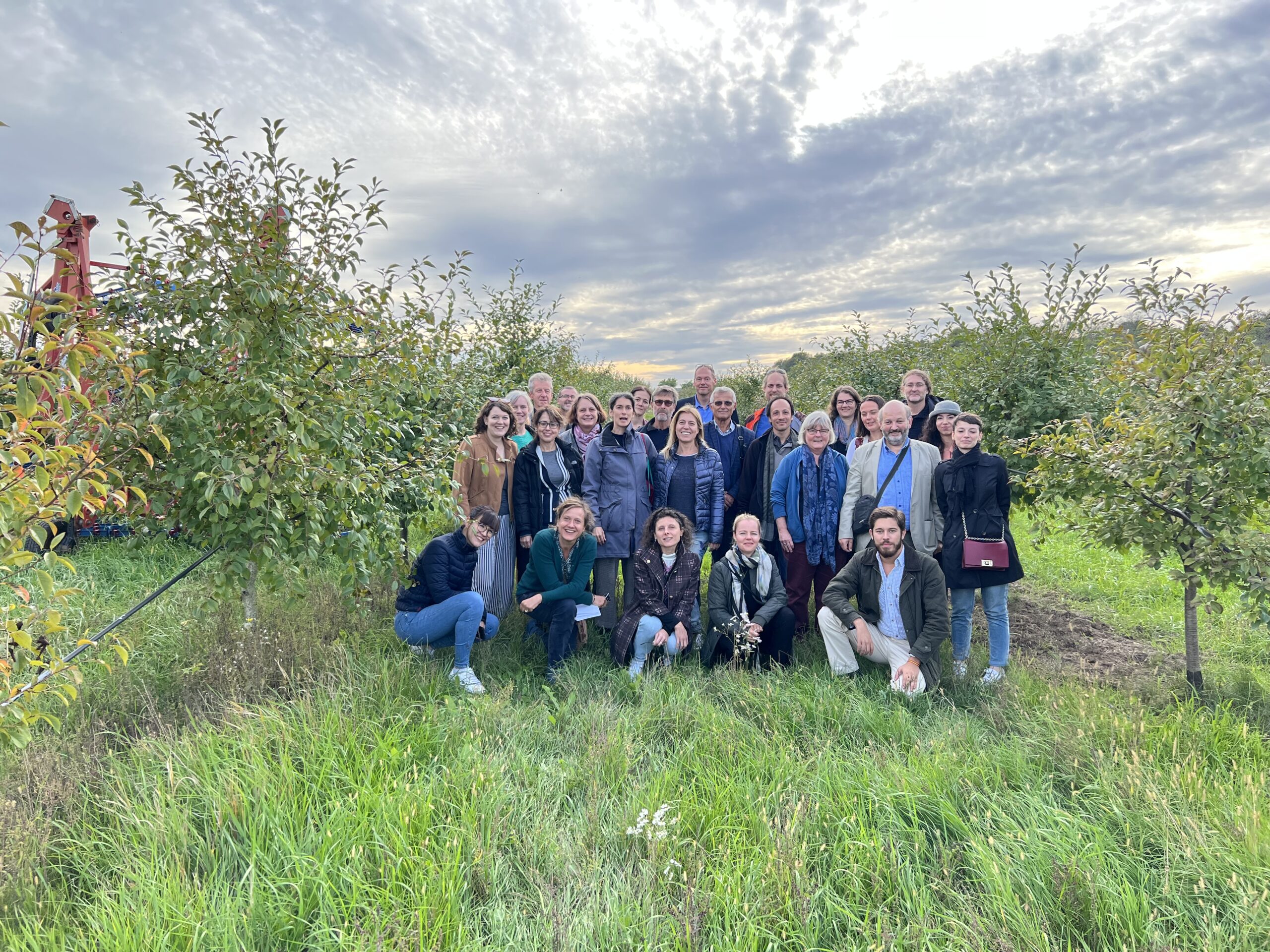
In its Farm to Fork Strategy and also its Biodiversity Strategy, the EU has set targets of reaching at least 25% of the EU’s agricultural land under organic farming and significantly increasing organic aquaculture by 2030. OrganicTargets4EU is a new Horizon Europe project supporting the achievement of these targets.
Bram Moeskops, project coordinator and Research and Innovation Manager at IFOAM Organics Europe, states: “The organic sector needs to grow from 9.2% farmland in 2020 to 25% farmland by 2030. There is no concrete target for organic aquaculture, but a similar almost three-fold growth will require enormous efforts. Reaching these ambitious goals demands a balanced upscaling of both production and consumption and implies a huge transformation in farm structures and value chains. This transformation needs to be supported by pioneering research and innovation (R&I), strong advisory services, effective knowledge exchange and training opportunities for all organic operators and related professionals.”
OrganicTargets4EU will create scenarios for reaching the organic targets
Based on an assessment of drivers and lock-ins affecting the development of the organic sector, the OrganicTargets4EU project will set-up a multi-actor process to develop consistent scenarios for reaching the organic targets of the Farm to Fork Strategy.
The project is structured into two strands:
- Production and markets: The project will analyse how to achieve increases in organic farmland, and the (socio-economic) impacts of these for primary production, value chains and markets.
- Knowledge and innovation: The project will work towards an innovation ecosystem fit for achieving the Farm to Fork Strategy’s targets. It will identify opportunities to strengthen advisory services. Building on the CORE Organic network, it will increase and coordinate R&I investment for organic.
A project with multi-actor approach at its heart.
Eight focus countries will help bridge the gap between science and practice: Austria, Denmark, France, Germany, Greece, Hungary, Italy, and Romania. These were selected to cover Europe’s full range of geographical contexts. Each focus country is represented by a ‘Practice Partner’, with close connections to producers and value chain actors.
OrganicTargets4EU will also facilitate a multi-actor policy dialogue to assess the feasibility of the organic Farm to Fork targets and develop policy recommendations for the Common Agricultural Policy (CAP), EU organic regulation, EU and national organic action plans, Horizon Europe, and horizontal legislation on inputs and public procurement.
About the Farm-to-Fork and Biodiversity Strategies?
The European Union strives to become climate-neutral by 2050 and halt environmental degradation through the European Green Deal. The Farm to Fork Strategy and Biodiversity Strategy are at the heart of the European Green Deal.
The Farm to Fork Strategy aims to accelerate the transition to a sustainable food system that should:
- Have a neutral or positive environmental impact;
- Help to mitigate climate change and adapt to its impacts;
- Reverse the loss of biodiversity;
- Ensure food security, nutrition and public health, making sure that everyone has access to sufficient, safe, nutritious, sustainable food;
- Preserve affordability of food while generating fairer economic returns, fostering competitiveness of the EU supply sector and promoting fair trade.
The Biodiversity Strategy aims to put Europe’s biodiversity on the path to recovery by 2030.
The Farm to Fork and Biodiversity Strategies recognize the positive role of organic farming in contributing to these objectives. Therefore, it aims to reach at least 25% of the EU’s agricultural land under organic farming by 2030 and a significant increase in organic aquaculture.